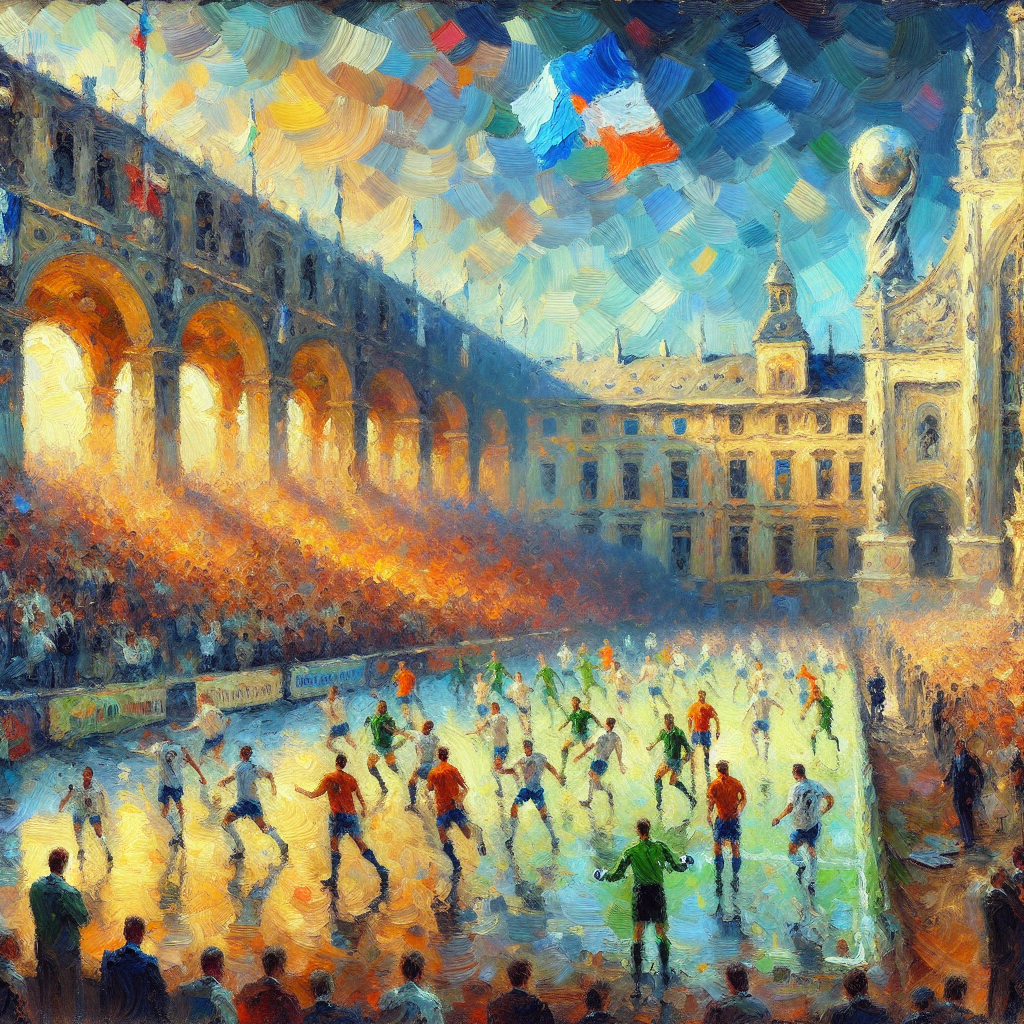Unveiling the Unseen: What if Denmark Missed Euro 92?
Key Takeaways:
- Denmark’s absence from Euro 92 might have drastically altered the tournament dynamics.
- The growth and popularity of Danish football owed much to their unexpected triumph.
- German and Dutch teams could have had a higher chance to claim the championship.
Forgotten Underdogs: Denmark's Rocky Road to Euro 88
Before the spectacle of Euro 92, Denmark made unexpected strides in Euro 88. Initially viewed as long shots, their journey to the European Championship was anything but ordinary:
- Despite heavy odds, Denmark secured a spot in Euro 88 by defeating the Republic of Ireland in a nail-biting playoff, a victory that few had anticipated.
- Financial constraints were a significant hurdle; the Danish Football Association (DBU) required a governmental loan to ensure the team was well-prepared for the tournament.
- Coach Richard Møller Nielsen, an unsung hero of Danish football, stepped into the limelight. His prior experience was limited to the Danish under-21 team and lower division clubs, making his success story with the national team more inspiring.
The Ripple Effect: Denmark's Potential Absence at Euro 92
Had Denmark not been invited to Euro 92, the structure and outcomes of the tournament could have been starkly different:
- Predictability in Gameplay: The tournament likely would have seen dominance by higher-ranked teams such as Germany, the Netherlands, and Spain, potentially leading to less suspense and surprise in match outcomes.
- Missed Glory for Danish Players: Without participating in Euro 92, the players who became national icons would have remained lesser-known, missing out on monumental recognition and the ensuing opportunities that changed their lives.
Legacy in Jeopardy: The Impact on Danish Football’s Growth
The waves of Denmark’s participation in Euro 92 reached far beyond immediate tournament results, influencing several facets of Danish sports culture:
- The victory inspired a surge in football’s popularity across Denmark, with domestic match attendances seeing a significant 20% bump the following season.
- Danish football’s infrastructure saw substantial growth, particularly in youth development programs, a direct result of increased investments fueled by the team’s success.
Champion's Throne: Who Would Have Won?
With Denmark out of the picture, the door would have been wide open for other strong contenders:
- Germany, finishing third in the real tournament, and the Netherlands, placing fourth, were both perfectly positioned to take the crown. Their robust teams during that period were more than capable of securing victory in the absence of the Danish dynamite.
What Could Have Been: Player Legacies Unwritten
The individual stories of Danish players like Brian Laudrup, Kim Vilfort, and John Jensen highlight the monumental personal impacts of Denmark’s victory:
- Laudrup, Vilfort, and Jensen might not have become the cherished figures they are today without their pivotal roles in the tournament.
- Coach Richard Møller Nielsen’s remarkable strategies and leadership would likely have been overshadowed, leaving him as a mere footnote in Danish football history rather than a legendary figure.
In conclusion, Denmark's hypothetical exclusion from Euro 92 offers a compelling glimpse into an alternate history of European football. Such a scenario underscores not only the unpredictability of sports but also the profound impact that such international events can have on national identity, player careers, and the broader sporting culture. As history played it out, Denmark's underdog story at Euro 92 is a cherished narrative that remains influential in the annals of football, illustrating the unforeseeable nature of the beautiful game.

